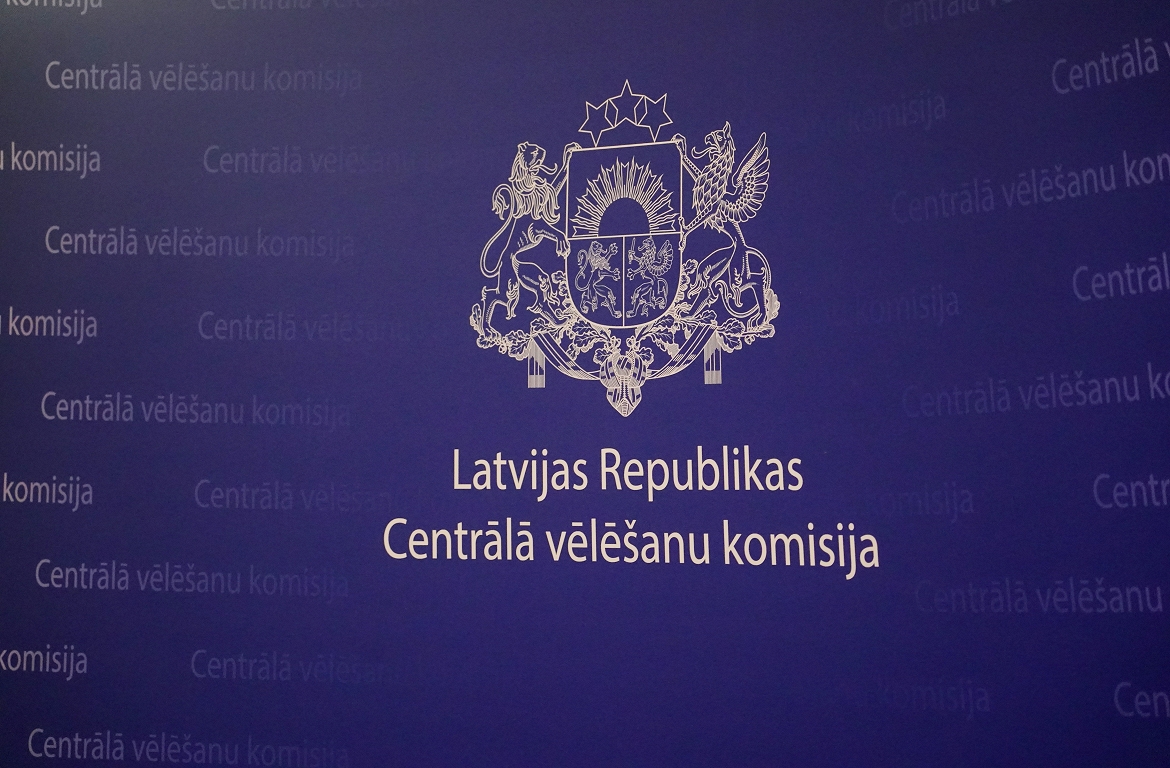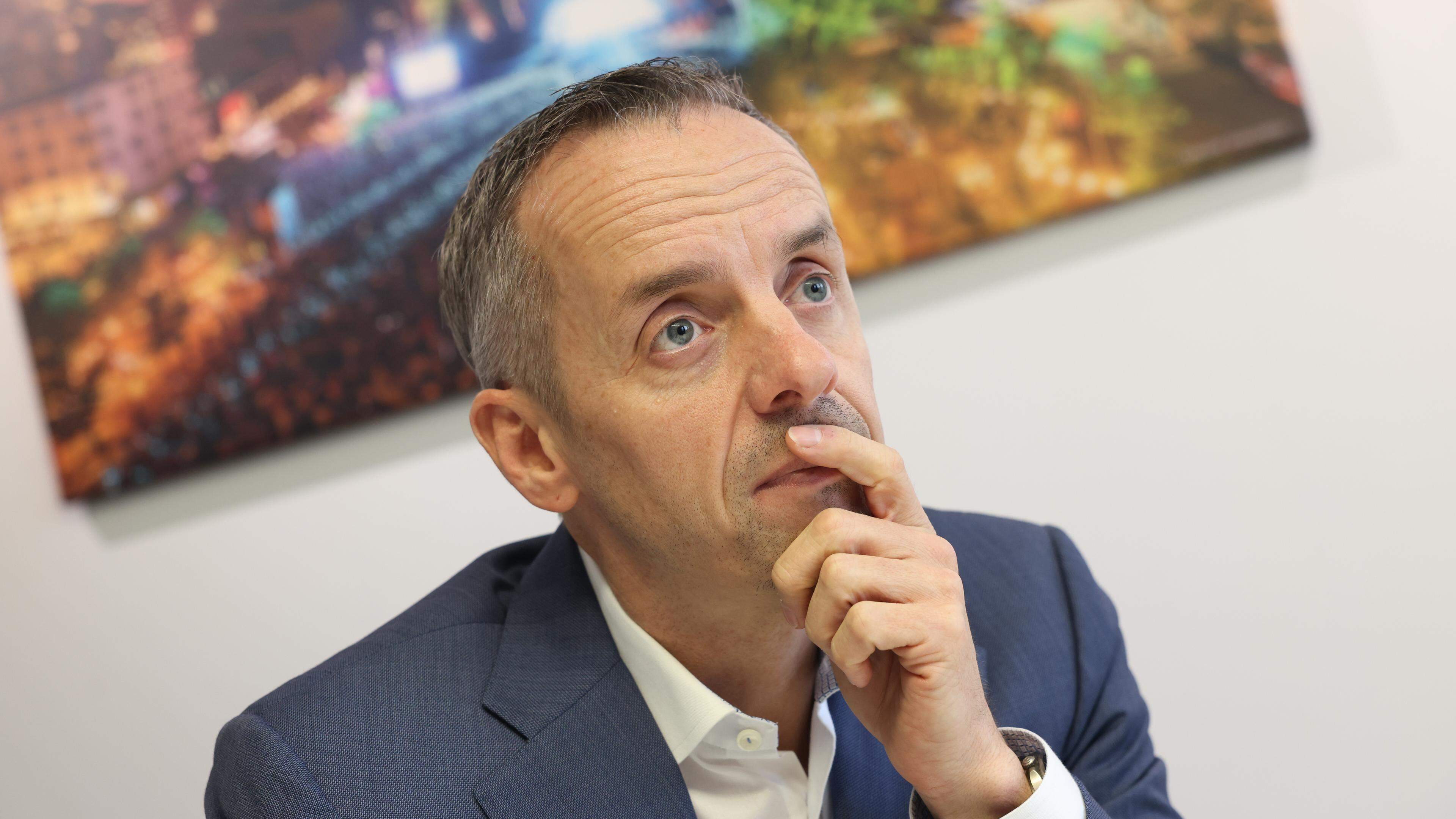Half of the people no longer believe that the STRC news is balanced

Other mainstream media have more confidence.
BRATISLAVA. After three quarters of the year, the government coalition managed to advance this week in efforts to control Slovak Television and Radio.
Chose the missing members of the STVR Council to which, in addition to Lukáš Machala or former advisor Vladimír Mečiar Jozef Krošlák after the new also seated prime ministers advisor and prosecuted lawyer David Lindtner.
However, the Slovak public is today in views of the new Stables Divided – 46 percent of people think that they provide impartial and balanced news without government interventions. But a little more – 49 percent of people disagree with this statement.
This stems from a survey by Focus and Globsec for the International Project of the Eastern Border Initiative (TEFI), which is also attended by the SME daily.
The public service medium has been trying to reform the government for about a year. According to the Minister of Culture Martina Šimkovičová The former RTVS lacked objectivity and balance in news and journalism.
She said this, despite the fact that the RTVS reports showed up among all televisions as the most trusted.
In June 2024, despite the protests of telephony employees in Parliament, the law that RTVS abolished and Ľuboš Machaj ended up as CEO.
It was replaced by Slovak Television and Radio (stations) on which Igor Slanina was temporarily built. The temporary director has limited competencies, telephony still does not even have its own logo and it was not possible to accept the budget without advice. This should change.
People don’t see changes
Although the creation of the STRS has had political motivations, the view of the objectivity of the telefrovis does not copy in society the division of coalition and opposition supporters. The voters of the coalition and the opposition are not so different in the opinion of the new TVR.
For example, 43 percent of voters Direction It agrees that the STVR provides impartial and balanced news without government interventions and 47 percent disagree.
Voters SNS And the voice is a little more optimistic. The impartial and balanced news is seen by 55 percent of the CIS voters and 50 votes voters.
The remaining opposition parties trust the intelligence of the quarter of the same as the coalition voters.
Paradoxically, the most confidence in the intelligence of the stricle voters SaSup to 72 percent of them.
The least is the trust of the Republic of the Republic (32 percent) and the Alliance (32 percent).
“People do not see any major changes,” explains Martin Slosiarik, head of Focus. According to him, it is not a topic that would fundamentally shape or distribute public opinion.
The same question was asked in Hungary, Poland and Romania as part of the Tefi project. However, the stations have increasing confidence than the public service media in Hungary and Poland and about the same as in the public media in Romania.
Agree that the media are important
In the next question, the agencies asked about confidence in independent mainstream media. The question was whether they agree with the statement that the media (for example, SME, Actuality and Diary N) is an important part of democracy because they oversee the functioning of institutions and what is happening in the country.
Approximately 56 percent of people in Slovakia consider the media an important part of democracy. It is a similar number as in Poland or Romania.
Paradoxically, the best of this came out of Hungarian media, such as Telex, Origo Index, 24.hu, Magyar Nemzet, which are of these states under the greatest government pressure and some are directly inclined to the regime Viktor Orbán.
It is not surprising that most of this statement is agreed by voters of the opposition (most PS and SaS 81 percent).
Among the voters’ voters, less than half of the respondents agree to the media claim. Among the voters of Direction, it is only a third of the AU voters of the CIS and the Republic even less.
The same question was asked by Focus to people a year ago, so we can compare where the answers have shifted in a year. The overall confidence rate has not changed and shifts occurred only within the statistical deviation between the voters of the individual parties.
The exception is the voters of the Republic where the share of people who consider the media to be an important part of democracy by 21 percentage points.
The survey also shows that people who do not consider mainstream media to be an important part of democracy are preferred as a source of information, especially alternative media or their friends and acquaintances.
The article was published within the project of the Eastern Border (TEFI) initiative funded by the European Union.

Beata
Balogová
Editor -in -chief

We haven’t fastened this article, but we need your support.
We leave some articles unlocked to have all access to important information. They can also be brought thanks to our subscribers.








